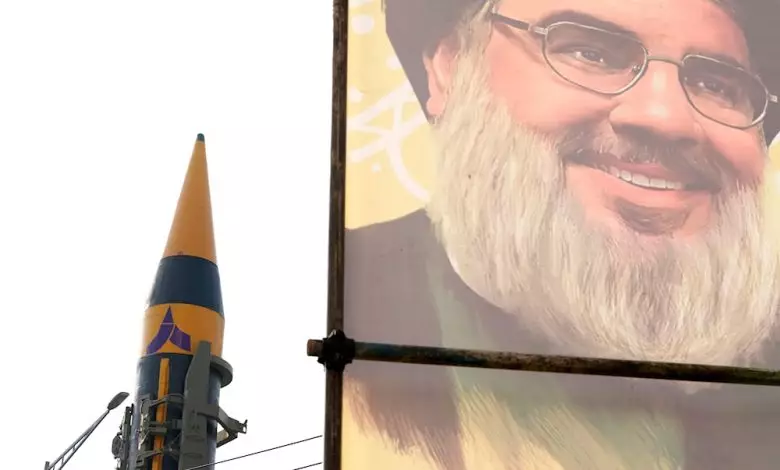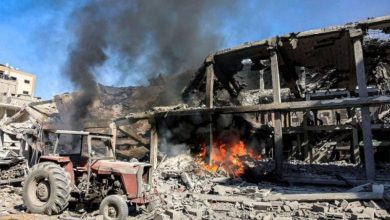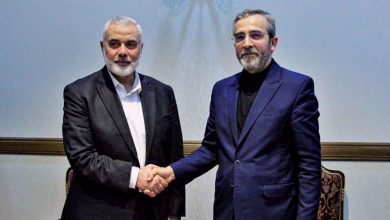‘Israel’ war against Hezbollah one way ticket to MAD: Israeli report

Any war between the Israeli occupation and Hezbollah is sure to end in mutually assured destruction on such a scale that Israel would be facing an existential threat, Israeli security, and military affairs expert Yossi Melman wrote in Haaretz.
Mutually Assured Destruction (MAD), he explained, is a strategic creed that goes back to the Cold War between the United States and the USSR and was based on creating a deterrence and a balance of power that prevents the outbreak of a full-fledged nuclear war between the US and the Soviet Union. Practically, MAD says that if one country carries out a nuclear strike on another, the party who was first attacked would have enough nuclear weapons in their arsenal to retaliate against the attacker and thus would bring about mutually assured destruction.
The situation on the border area with Lebanon in the wake of October 7’s Operation al-Aqsa Flood is a regional, conventional version of the MAD doctrine, Melman argued, though he noted that it would be very deadly because both the Israeli occupation and the Islamic Resistance have weapons systems capable of dealing paramount destruction to Israeli cities and both military and civilian infrastructure while also leaving hundreds of thousands of casualties.
Today, even while not in a state of all-out war, Hezbollah has launched thousands of missiles, anti-armor missiles, artillery shells, and drones toward all the settlements and kibbutzes alongside the border from Ras al-Naqoura to “Metula” while also bombing settlements that are further away from the border such as “Kiryat Shmona”, Safad, and “Shlomi”, leading tens of thousands of settlers to leave their settlement greatly damaged by the Resistance.
Hezbollah missiles to deal extensive damage
Hezbollah’s missiles, he said, have struck numerous Israeli military bases within the Northern Command, including the “Meron” air traffic control base.
From the Israeli side of things, Melman noted that the occupation forces were carrying out very harsh operations in Lebanon, through airstrikes and drone attacks, artillery and missiles, and assassinations. All of this, he claimed has led to the destruction of a large number of Hezbollah bases and missile storages, and the killing of about 200 of its fighters.
However, Melman emphasizes that the “bitter truth” is that the damage to Hezbollah is not extensive, adding that its fighters retreated about 2 km from the border as a result of a deliberate decision taken by the Hezbollah leadership, not as a result of Israeli pressure, in order to reduce human losses since “Hezbollah is also sensitive about its human losses.”
Meilman added that Hezbollah was learning lessons from the war on Gaza and is fighting a battle wherein it is calculating each one of its steps to refrain from risking its elite Radwan Force and preserving it in case the border skirmishes turn into a full-fledged war.
War would be terrible for ‘Israel’
Melman warned that there were many voices in “Israel,” whether among the public, the IOF, or officials, who believe that the Israeli occupation has no choice but to attack Lebanon when the war in Gaza ends. He pointed out that Prime Minister Benjamin Netanyahu and Security Minister Yoav Galant, among others, support this militant approach, while some former security and military establishment officials oppose it.
Among the opponents, he said, are Ministers Benny Gantz and Gadi Eisenkot, who, in the early days of the war on Gaza, prevented a decision by the War Cabinet calling on the Air Force to carry out a wide-scale attack on Lebanon.




